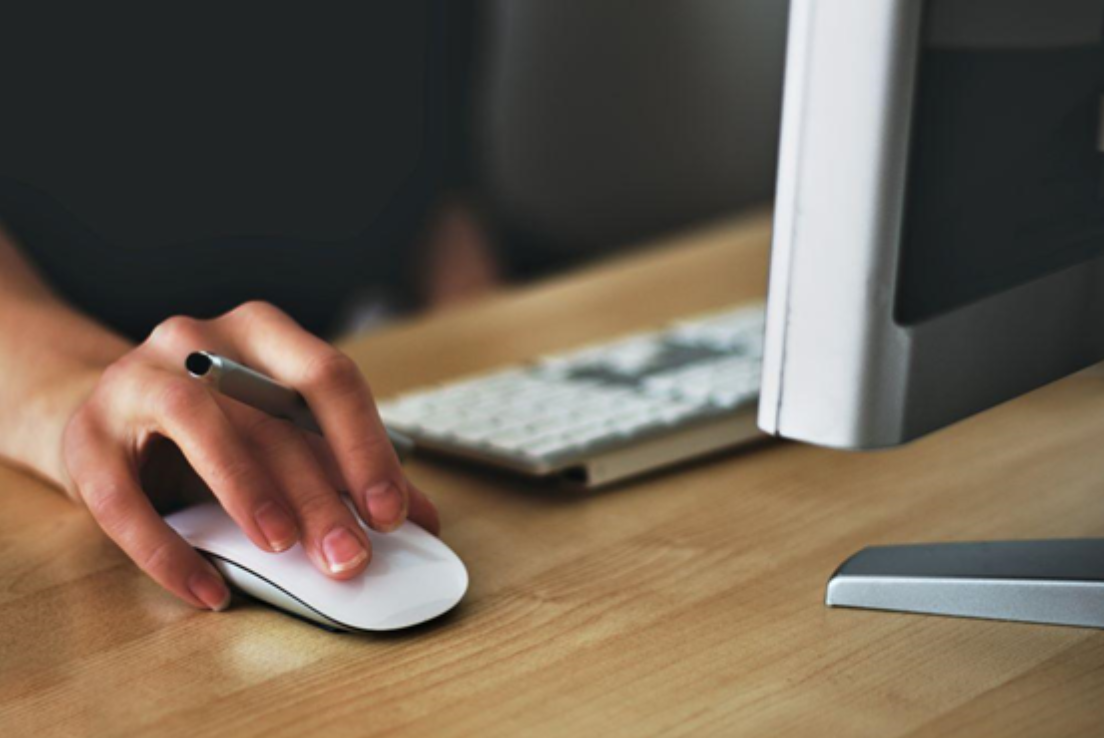How occupational health services can help your office based business

You might think working in an office poses a low risk to health, but when you weigh up the risks caused by bad posture and working positions, slippery floors, misplaced cables and a sedentary lifestyle, the health and safety of these employees is just as important as those working in more physical industries. Occupational health services help to ensure businesses operating in office based industries provide a safe working environment, which can aid workers wellbeing and help meet legal obligations. If you have office based employees and want to know how occupational health can benefit your business, please read on.
Common injuries, illnesses and issues in office based environments
Before we look at how our occupational health professionals can support your business, it’s important to be aware of the risks that your work environment can pose. Understanding these risks means you can take steps to mitigate them and help ensure your workforce stays fit and healthy to minimise the damage caused by sick days and long term sick leave.
Ergonomic injuries
Around 60% of all occupational health illnesses stem from ergonomic issues. These injuries result from the way the body moves or is positioned whilst at work and can include back pain and injuries caused by poor lifting or poor posture, carpal tunnel syndrome caused by repetitive wrist strain or having to keep your wrist in the same position for long periods, and neck pain caused by looking at a screen for too long when not seated at the correct height.
To help minimise ergonomic injuries in your workplace you should ensure that adjustable desks, chairs and keyboards are provided to suit different working styles and that all employees know how to operate the equipment they are provided with. Chairs should ideally have lumbar support and employees should be encouraged to get up from their desks and move about for a few minutes every hour. You should also look out for the early signs of ergonomic issues such as pain, weakness or numbness, as these could be the start of a more serious injury. Dealing with these issues early on and finding a solution could help prevent future sickness absence.
Eyesight issues
With computer based work, eye strain can be a huge problem. Many employees spend a large portion of their working days sitting in front of a screen, which can lead to eye strain, dry eyes and difficulty focusing.
Employers can help to minimise eyesight problems by ensuring that adequate lighting is provided for the job in question. For example, manual detailed work may need a brighter level of light than computer work. Screens should be positioned slightly below eye level and font sizes should be increased if employees need to sit too close to read the text. It is also recommended that desk based employees take a 10 minute break away from their screen every hour.
Viruses and germs
We’ve all heard the one about the keyboard or office phone containing more germs than a toilet seat and when you consider that people often share workstations or eat at their desks it is not really a surprising fact. Add limited air flow into your enclosed office and you’ve got a rapid way for viruses to spread through your workplace.
If you want to minimise the risk of viruses, it is a good idea to provide hand sanitiser (which most workplaces should already be used to doing post-Covid) and desk wipes for employees to sanitise their hands and workstations periodically. You can also enforce a tidy desk policy, where employees are required to tidy away all of the clutter on their desks at the end of the day so that cleaning staff can do their job properly.
Slips, trips and falls
Offices are full of potential slip hazards, from spilt liquids, to untidy cables, loose rugs or uneven flooring. During the winter months there are additional hazards from outdoor areas and entryways being covered in snow and ice.
To prevent slips, trips and falls from causing injuries that could result in long term absence, it’s a good idea to clean up any spillages as soon as they occur, make sure all cables are secured and neatly stowed away and ensure there is no clutter that could get in the way of people moving about your workplace.
Sedentary illnesses
We all know that too much time spent sitting down is bad for our health, so it makes sense that an office job can contribute to sedentary illnesses. The risk of conditions such as obesity, colon cancer and heart disease can be increased by long working hours spent in a sedentary fashion. Whilst there are of course, many other factors affecting the risk of developing such diseases, employers need to be aware that maintaining good workplace wellbeing also means looking after long term health issues.
Ways in which these risks can be reduced include providing healthy snacks in the workplace, encouraging people to be active during their breaks and providing guidance on how to reduce stress.
How to make the most of our occupational health services
If you are committed to improving workplace wellbeing and want to avoid the complications that come from long term absence, having a good occupational health services provider at hand can make all the difference. From advising you on how to get people back into work after extended leave to providing guidance and information for your HR teams, we’re here to help.
Book now for occupational health services in London
If you are looking for occupational health services in London, look no further than Heathrow Medical. We are conveniently located adjacent to Heathrow Airport and can support your HR teams with sickness absence reviews, return to work medicals and other industry specific medical examinations. Call us today on 020 8528 2633 to find out how our occupational health professionals can help your office based business to improve productivity and workplace wellbeing.
